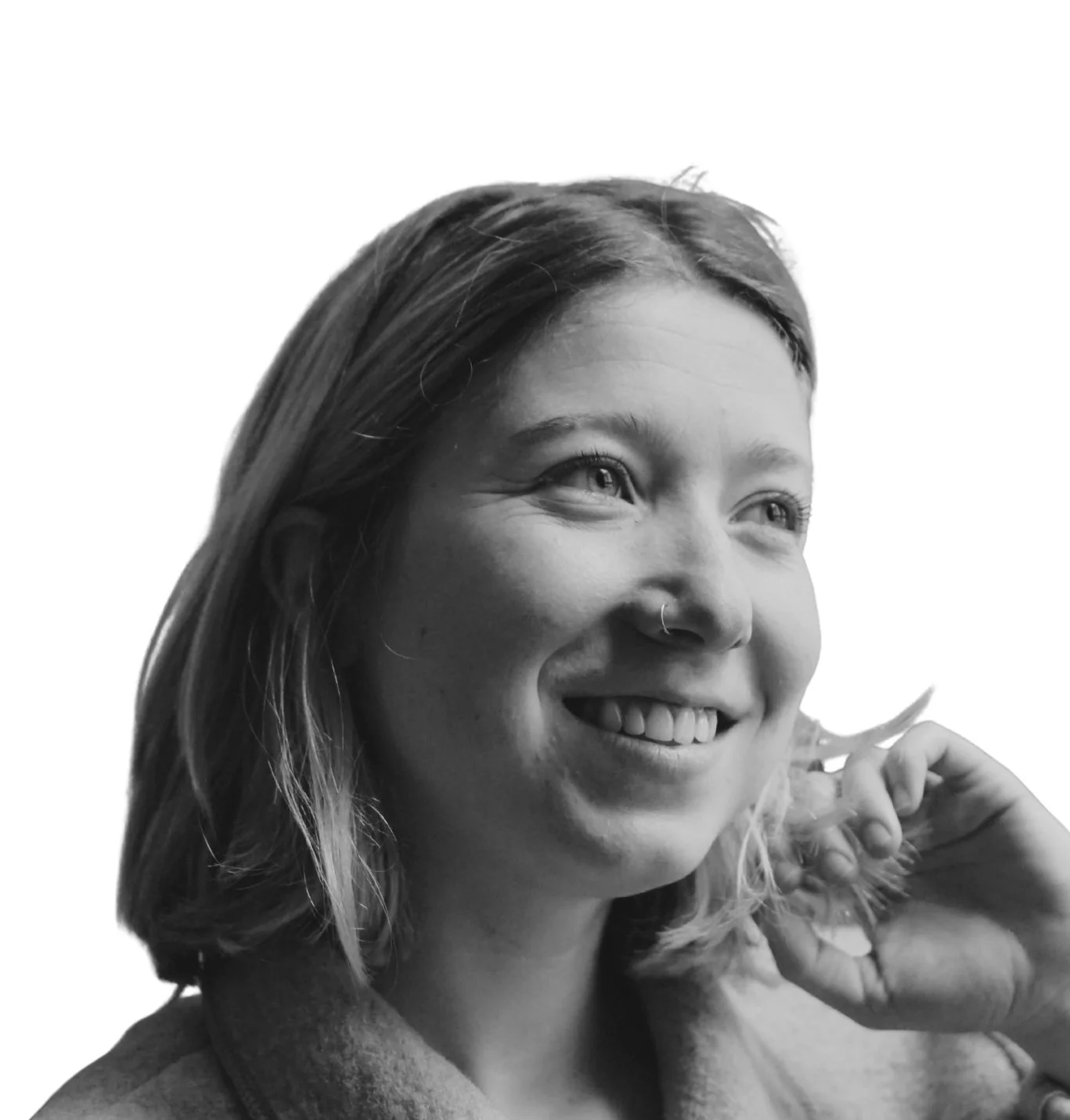
People don’t resist change, they resist being changed.
Behaviour ID is a collaboration of independent Social and Behaviour Change consultants. We help purpose-driven organisations create lasting behavioural change by grounding it in identity.
We offer Behavioural and Social research, strategy, intervention design and co-creation, change marketing and communications, and monitoring and evaluation.

As consultants, you work directly with us, with no account managers or handoffs. We're personally invested in every project. With fewer layers and a leaner operation, we offer greater flexibility, clearer communication, and better value.
Kris White
-
Kris White is a behavioural insights specialist with over 20 years’ experience helping organisations understand what drives real behaviour change. He has worked across public health, sustainability, financial wellbeing, digital engagement and social cohesion, uncovering the identity, emotion and context that shape behaviour, and translating them into strategies for change.
He has led fieldwork and co-design in more than 15 countries, working with audiences from young entrepreneurs and health workers to culturally diverse communities and senior leaders. His work brings behavioural science into real-world settings—adapting to different cultural, emotional and social environments to ensure strategies resonate with how people see themselves, their roles and their world.
Mat Crompton
-
Mat Crompton is a behaviour change strategist with 10+ years’ experience delivering programs that shift behaviours in authentic, lasting ways. Founder of Behaviour ID, he has worked with governments, NGOs, and creative agencies to address some of the most pressing and complex challenges we face. This ranges from violent extremism, public health, social inclusion and many areas of harm reduction and sustainability. With a background in experimental and social psychology, advertising and brand strategy, Mat brings deep expertise in strategy, identity, and communications, helping organisations design change that connects with people at a deeply personal level.
Malia Bowkett
-
Malia specialises in research that informs and evaluates communications and strategic social change interventions. With over 20 years of experience, she designs and delivers rigorous mixed-methods research across global contexts, including counter-trafficking, disinformation, and post-conflict transformation. Her work spans qualitative, quantitative, AI-assisted, and hybrid methodologies, often recognised as best practice by external reviewers. Malia bridges strategy and research, using bespoke insights to shape and evaluate high-impact initiatives. She has led MEL frameworks and strategic evaluations for international efforts and holds a BA from Smith College and an MSc from the London School of Economics.
Adélaïde Vinay
-
With 10+ years’ experience in qualitative research and behaviour change, and a degree in anthropology from the University of Oxford, Adélaïde solves complex business and organisational problems based on a detailed understanding of humans and the systems they live in.
Adélaïde has worked across the globe in the private, public and not-for profit sectors, with a speciality in unpicking the cultural and identify shifts at work in organisational transformations (from large companies and hospitals to small NGOs.) Her fieldwork experience has covered everything from working with displaced people and refugees, senior business leaders, patients in end of life care, healthcare professionals, young people in digital contexts, European farmers, BAME individuals in northern England and national police.
Together, we’ve worked on projects for a range of government and purpose-driven organisations.
Recent work
-
Ask us about how focusing on professional role identity helped Australia’s largest Primary Health Network begin to shift discriminatory attitudes and behaviours among healthcare professionals toward people experiencing issues with AOD.
-
Ask us about how we helped the NSW Government design a vaping cessation app for teenagers by grounding it in social identity, and addressing the anxiety and emotional regulation challenges that come with identity formation in the teen years.
-
Ask us about how we diagnosed and designed programs to address the psychosocial and identity-based factors driving teenage engagement with extremist content, and how we proposed to measure complex indicators of change.
-
Ask us about researching and designing interventions around coercive control, to measuring the effectiveness of mental health help-seeking campaigns, to developing marketing and service strategies for in-home rehabilitation — and much more.

Change that aligns, endures.
We believe identity is the key to unlocking lasting changes in attitude and behaviour.
If a new attitude or behaviour doesn’t align with how someone sees themselves, it creates friction and resistance. But when it fits, people are more likely to adopt it, and it is more likely to last.
Current state
High resistance + low alignment = low chance of sustained change
Future state
Low resistance + high alignment = high chance of sustained change
Our process
Our process is called, yes, ALIGN™. It does what it sets out to do.
By uncovering the identity dynamics that shape attitudes and behaviour, we make change not only possible and motivating, but aligned with who someone is, and who they want to become.














